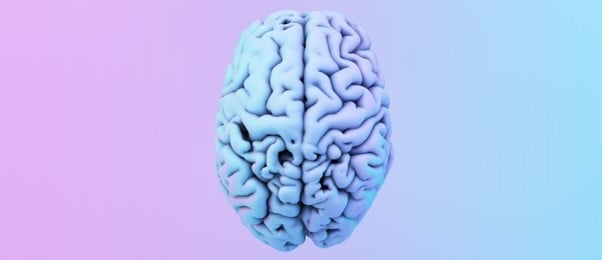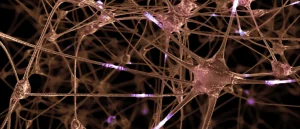Phase I/II trial assessing cell therapy for ischemic stroke to be launched

An investigational exosome derived from neural stem cells has received US Food and Drug Administration (MD, USA) clearance for a Phase I/II clinical trial.
Aruna Bio (GA, US), a biotechnology company dedicated to developing neural exosomes for the treatment of neurogenerative disease has announced plans to launch a Phase I/II clinical trial investigating AB126, an allogeneic neural exosome derived from neural stem cells [1]. The trial in collaboration with researchers from the Regenerative Bioscience Center at the University of Georgia (UGA; GA, US) is set to evaluate the tolerability, safety and preliminary efficacy of the drug in ischemic stroke patients with a poor prognosis following a thrombectomy [2].
The clinical trial, which is expected to begin within the first half of 2024, will target brain inflammation caused by acute ischemic stroke. According to findings from pre-clinical studies conducted by researchers from Aruna Bio and UGA, AB126 possesses neuroprotective and neuroregenerative benefits and has been shown to reduce inflammation [2]. Previous studies have found that the drug works by reducing the number of pro-inflammatory T-cells while increasing the number of anti-inflammatory T-cells and macrophages. Other findings have also shown that the drug can prevent cell death by reducing oxidative stress. As well as this, neural proliferation has been noted to increase, which in turn results in neural growth and remyelination [3].
Participants will be administered with three intravenous injections at a low, medium and high dose [1]. AB126 has surface protein markers that allow it to cross the blood-brain barrier [3], a hurdle often encountered in the development of therapeutics for neurological disorders.
AB126 is set to be the first exosome-derived therapeutic investigated in human clinical trials for neurological disorders and could open the doors for novel therapeutic options to reduce brain inflammation post-stroke. Due to being derived from the patient’s own stem cells, a notable feature of the drug is its reduced ability to trigger an immune response. This has its advantages as the drug can be administered to patients multiple times without eliciting an immune response [1].
“Our drug acts differently than current treatments in that it’s not removing the clot; it’s reducing the inflammation in the brain caused by the stroke,” commented Steven Stice, Director of UGA’s Regenerative Bioscience Center and co-founder of Aruna Bio.
The team are hoping that positive results from the Phase I/II trial will provide stroke patients who do not meet the criteria for other treatments with an alternative option. Additionally, the team are looking to explore the potential of the treatment for other neurodegenerative and neuroinflammatory disorders including amyotrophic lateral sclerosis and Parkinson’s disease [1].
You may also like:
 Bioprinting neural tissue: it’s a no-brainer
Bioprinting neural tissue: it’s a no-brainer
Bioinks are being used to generate increasingly complex tissue types, as seen in a recently published study that produced replica neural tissue.